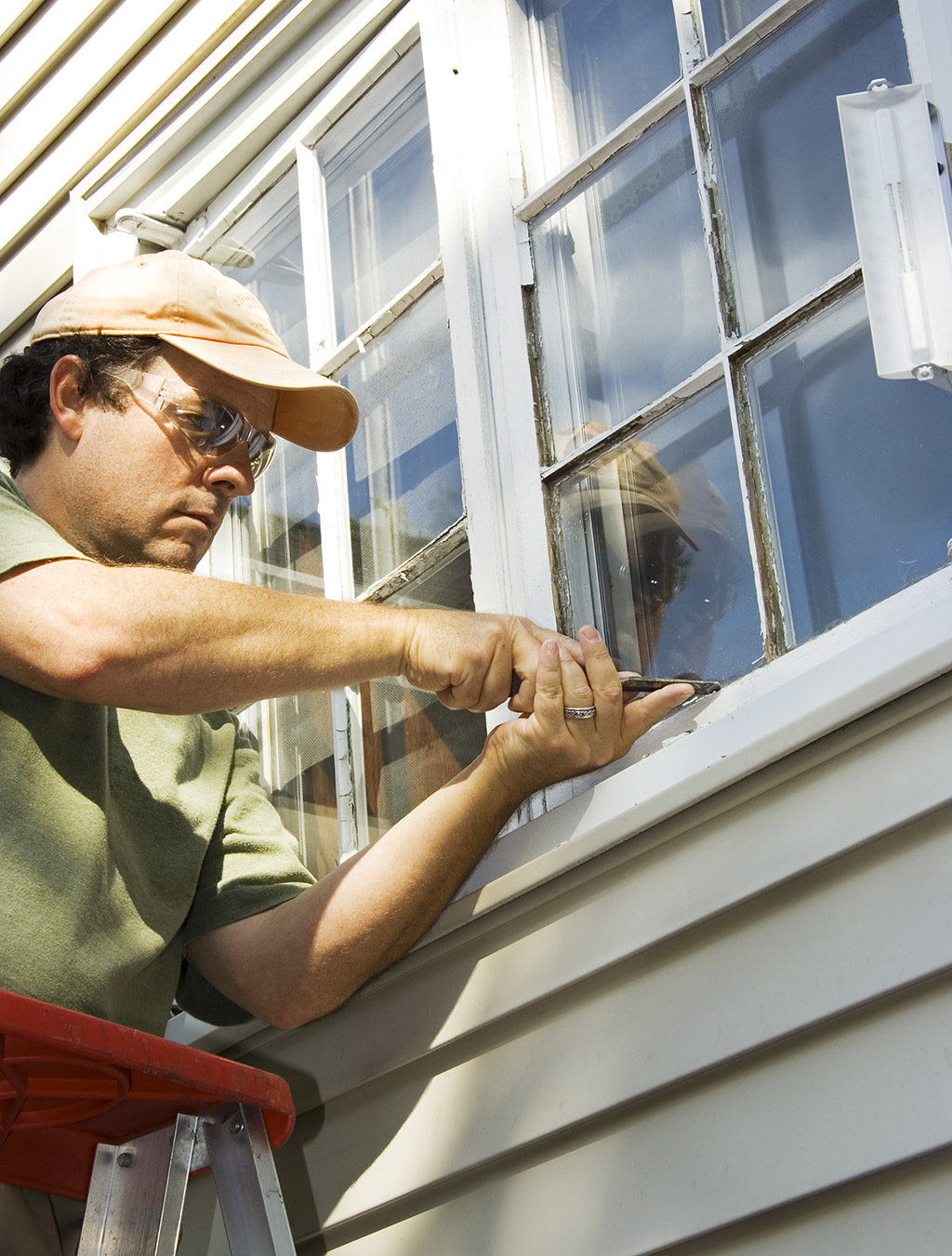
Improving Window Efficiency | Energy-Efficient Windows in Fort Worth
Windows alone contribute to 25% of the total heat losses occurring in your home. In this article, we’ll go over the most effective ways that can help you improve the performance and efficiency of your windows in Dallas Fort Worth. Consequently, you’ll be able to reduce your energy usage, decrease heating/cooling costs and reduce emission of gases.
Windows and their primary components: A Brief Intro
A window comprises a frame, glazing and sash. The glazing is the glass that fits into the window sash. The sash is attached to a window frame, which is fitted into the wall. To ensure proper finishing, a trim is installed around the window. Such type of window is referred to as fixed.
Apart from fixed windows, operable windows are another common option. Operable windows feature movable sashes, which can be opened to let in fresh air or serve as an emergency exit. Generally, operable windows comprise weather stripping, which is usually made up of a resilient material, and is attached to its moving joints. This helps keep dust and rain away, while also minimizing air leakages. Operable windows can be further divided into various types, such as vertical sliders, awnings, casements and hoppers.
Generally speaking, fixed energy-efficient windows are preferred over operable windows in Dallas Fort Worth.
Benefits of installing energy-efficient windows in Fort Worth
There are many benefits of choosing energy-efficient windows in Fort Worth for your home:
- Improved comfort: Energy-efficient windows can reduce cool drafts that enter through them making your home warmer, more comfortable in the summer season.
- Controlled condensation: Glazing on the interior side of energy-efficient windows remains warmer, which helps maintain higher humidity levels, without the windows getting condensed. However, keep in mind that even if you install energy-efficient windows in Fort Worth at your property, condensation cannot be completely prevented if the humidity level inside your home is too high.
- Greater savings: Energy-efficient windows in Fort Worth minimize air leakage, resulting in greater performance. Generally, these windows can improve energy-efficiency by 50% and significantly reduce your electricity bills.
- Higher degree of durability: As energy-efficient windows in Fort Worth don’t condense easily, they do not deteriorate prematurely and hence, last longer. Greater window durability also means lower maintenance and delayed replacement, allowing you to save money in the long term.
- Healthy indoor environment: Energy-efficient windows in Fort Worth prevent the growth of mold because of reduced condensation. Moreover, dust, dirt and insects also won’t penetrate easily into your home.
Common methods for improving window efficiency
The efficiency of your windows can be reduced in multiple ways, which are as follows.
- Repair your current window
- Retrofit your window by using weather stripping or caulking
- Re-glazing by installing storm windows
- Replacing parts of windows or replacing them completely with new energy-efficient windows in Dallas Fort Worth
Step 1: Assessing the current situation
The first step is to inspect and assess each and every window in your house. Keep an eye out for signs of wear and tear, damaged glazing, worn-out weather stripping, loose joints or faulty hardware. Your windows will start performing better only after being sealed properly. If they are severely damaged, they may have to be replaced with energy-efficient windows in Fort Worth.
Step 2: Retrofitting the window
Retrofitting windows is a quick and easy way to decrease heat losses. Air leaks are simply sealed by weather stripping and caulking. This method incurs lower costs as compared to other options, and does impact your bill.
Generally, caulking may be required for area where the joints are fixed, such as where the trim is attached to the wall or the point at which the frame and sash are connected. Caulking can either be applied at a single point or around the entire trim, depending on the extent of air leakage. Sometimes, a window trim may also have to be removed and then reinstalled. Adding some kind of insulation between the trim and frame also helps in reducing air leakages.
Weather stripping is chosen when air leakages have to be minimized for operable windows. Worn-out strips will be replaced with new ones. If your windows are older, you may want to buy plastic V-type weather stripping, which can easily be installed in small spaces, regardless of whether your windows slide or are attached to hinges. However, if your window is of the latter kind, then you may require compression-type weather stripping as well.
Step 3: Re-glazing the window
The methods described above can reduce heat losses, but they don’t affect the overall thermal resistance of your windows. This can be achieved by re-glazing your windows. You can replace the entire glass, install a new glass or opt for storm windows. Glazing traps air between multiple layers, which serves as a good insulator, preventing heat loss. Generally speaking, double-glazed windows are recommended for properties in Dallas Fort Worth. But based on the application, you may need triple glazed energy-efficient windows, which are more expensive than other window options. That being said, you can maintain greater comfort levels inside your house, along with decreased condensation and noise, with triple glazed energy-efficient windows.
Step 4: Replacing the entire window
Sometimes, the best option is to completely replace your windows. Doing so allows you to select better performing, energy-efficient windows that offer outstanding features, such as multiple glazing, inert gas fillings and low conductivity spacers. Some windows are also coated with a low emissivity layer that lets in light through the pane, but reflects the inside heat back into the room.
Want more information on energy-efficient windows in Fort Worth? Visit our website, click here!


